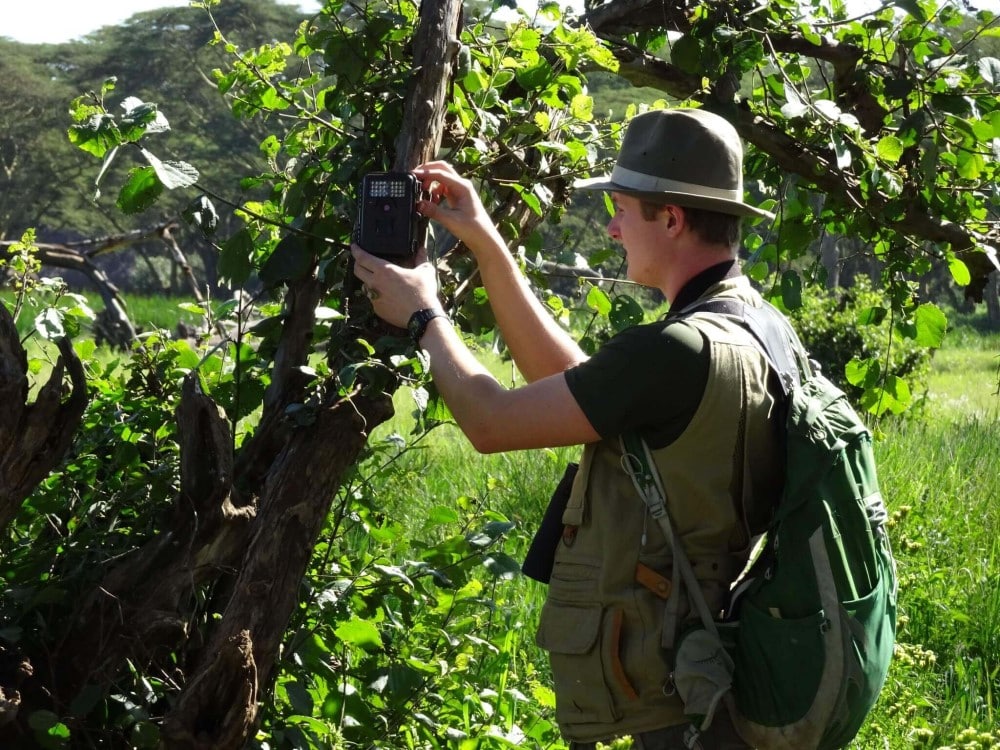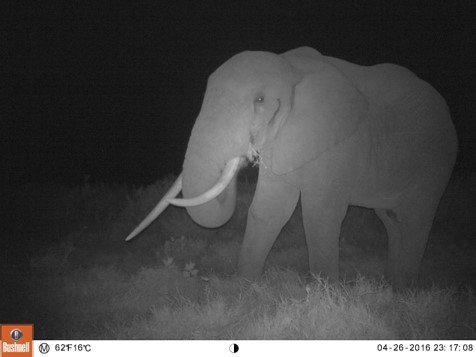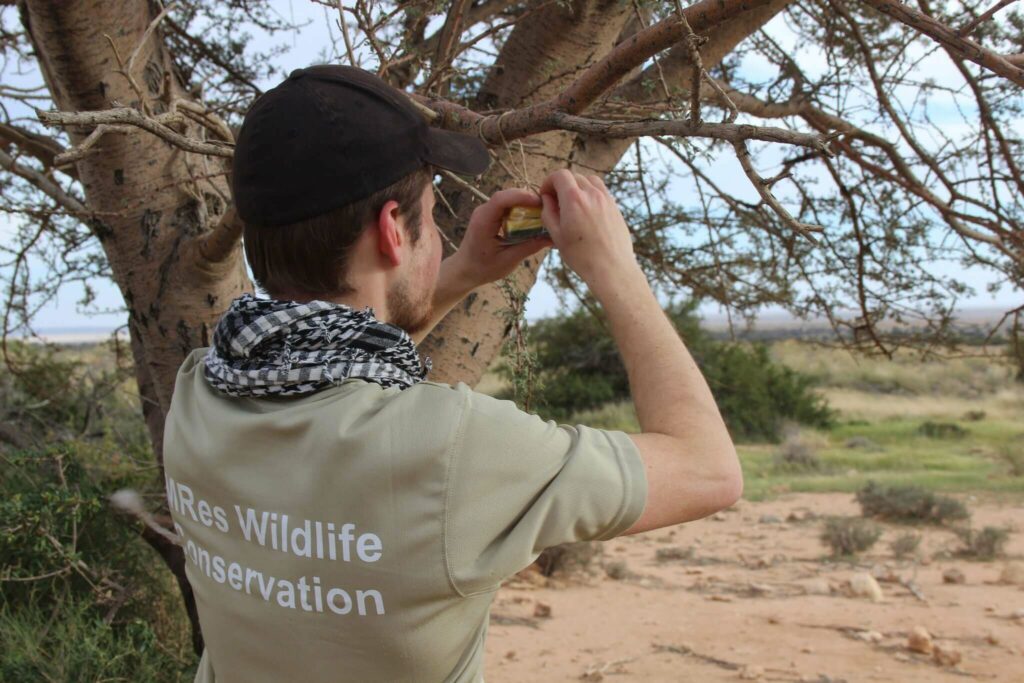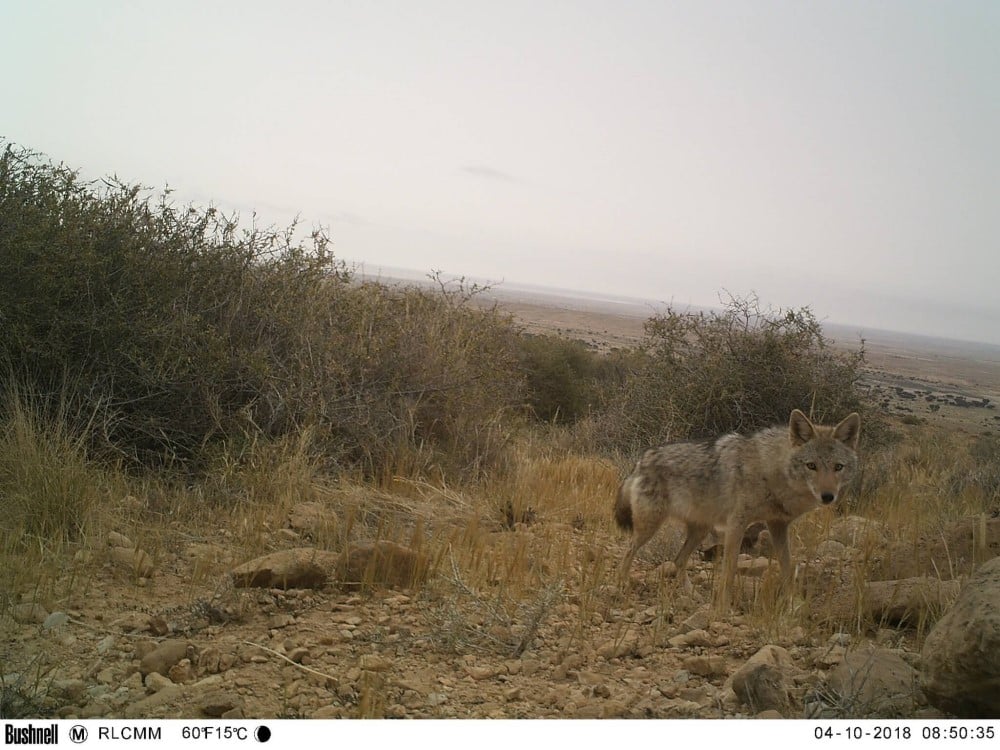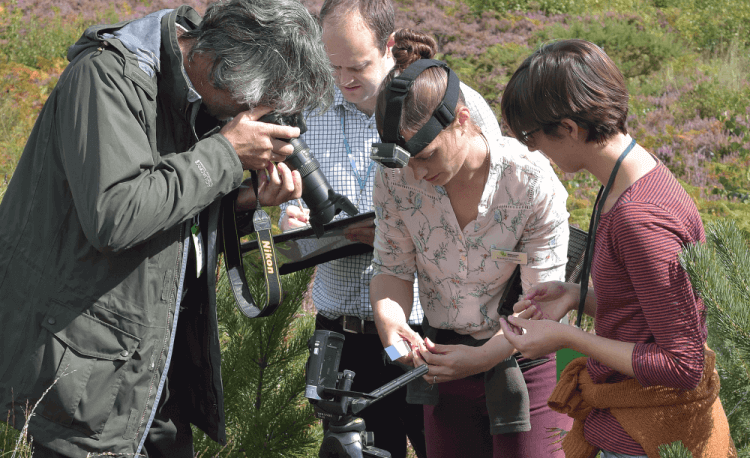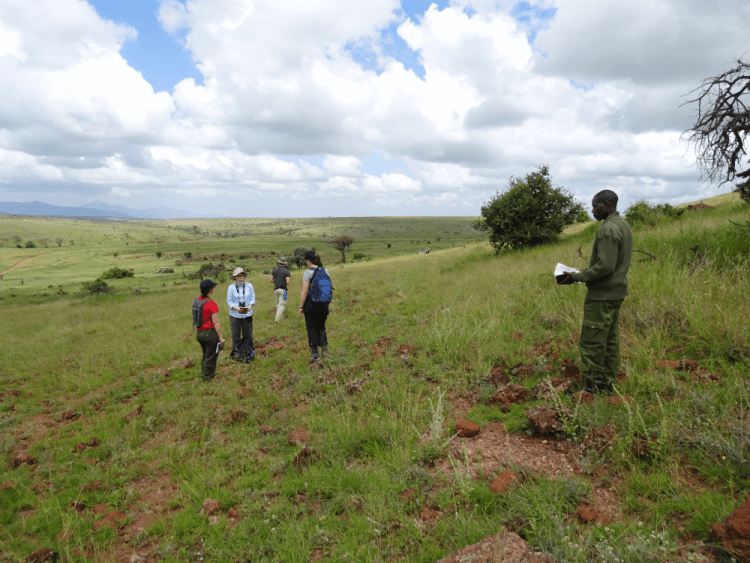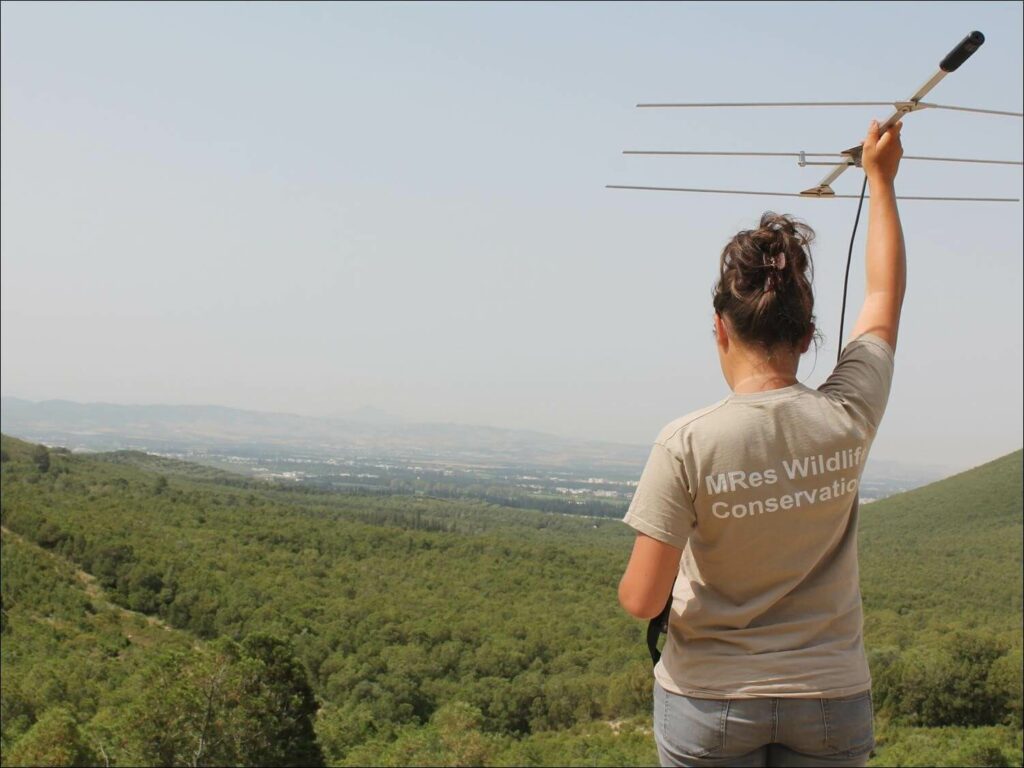MRes Wildlife Conservation
The MRes Wildlife Conservation is a University of Southampton award, jointly delivered with Marwell Wildlife.
This one-year programme offers graduates the opportunity to study with our team of conservation biologists. Students will undertake an applied project as part of our portfolio of conservation work in the UK or internationally.
This research-focused course is designed by Marwell Wildlife’s conservation biologists to immerse students in real-world conservation, inspire multifaceted debate, and develop a solutions-orientated approach.
We offer an exceptional level of direct interaction with our team and partner organisations, incorporating outcomes from research projects in active conservation management.
The course is comprised of:
- A teaching semester delivered from September to January. At both Marwell Wildlife’s Science and Learning Centre and the University of Southampton.
- An eight-month research project from February to September.
We welcome UK, EU, and other international students to the programme.
Find out more about the course, including fees.
Applications for our 2025-26 programme are open.
Find out more about this 1-year MRes course, including fees.
Learn moreMRes students become part of our Marwell family and we actively exchange ideas and research opportunities with them every year.
We continually update and adapt our teaching materials to reflect the latest advances in our ongoing conservation work, covering:
- GIS and spatial techniques
- Field-skills and practical wildlife monitoring
- Habitat restoration and rewilding
- Conservation genetics and reintroductions
- Behaviour ecology and human-wildlife interactions
- Community engagement
- Intergovernmental policy
Marwell’s conservation biologists deliver cutting edge lectures and seminars, integrating our global conservation work with student learning. Statistical skills that are taught via a University-delivered module, based on R; Data Management and Generalised Linear Modelling for Biologists, compliment what you will learn with the Marwell team.
Learning with Marwell Wildlife
Teaching takes place within Marwell Zoo as well as at our managed ecosystems; including the zoo’s surrounding woodlands and grasslands, and a lowland heath restoration site at Eelmoor Marsh SSSI near Farnborough.
The Marwell team actively engages the whole class in local and global conservation issues that are playing out in real-time. This provides a unique opportunity for our students to learn and participate in problem-solving within ongoing conservation projects.
Students are assessed throughout the semester via coursework-based assignments that are designed to cement key skills, such as:
- Presenting to peers
- Group discussion and scientific writing
- Stakeholder engagement
- Critical thinking
- Synthesising multidisciplinary ideas
We recognise the importance and value of developing practical and academic skills alongside teaching-led field days in the UK and Kenya (as government travel restrictions allow).
Access to a fully stocked store of wildlife monitoring and surveying equipment for student use around Marwell’s sites provides continuous opportunities to practice and refine field skills.
Students are required to engage in independent study throughout. We also place emphasis on the personal development of individuals and work with students to help them recognise and enhance their own strengths and interests, and align these with career aspirations. The health and wellbeing of students and staff is paramount and we use a virtual learning environment to support in-person teaching to enhance the student experience.
Find out more about the course, including fees.
Applications for our 2024-25 programme are open.
Find out more about this 1-year MRes course, including fees.
Learn moreMRes research projects seek to fill a gap in conservation knowledge and provide an opportunity for our students to make a real-world difference.
Each year, we review Marwell’s priorities and progress with current conservation projects to produce a list of potential MRes research projects. These studies offer an extraordinary opportunity for students to engage directly with the heart of Marwell’s operation as a conservation NGO, as well as our wider network of collaborators, partners and stakeholders.
Students will have the opportunity to network and build contacts, develop skills, knowledge, and experience under the guidance of a supervisory team made up of Marwell Conservation Biologists and academics from University of Southampton.
Projects are assessed throughout the process enabling students to develop critical research skills, including:
- Project planning and proposal
- Literature review
- Preparing a manuscript for peer-review publication
- Reporting conservation impact
- Conference presentation and discussion
- Commitment and collaborative working
Previous Projects
Previous MRes projects have spanned conservation research from here in the UK to Africa and Asia. Within these, students have used a range of tools including GIS, passive acoustic monitoring, botanical and wildlife surveys using line transects and camera traps, ecosystem service assessments, and animal mark-recaptures and reintroductions.
Student projects directly inform conservation policy and strategy as part of Marwell’s long-term conservation work, which currently focusses on three study areas:
- Protected areas on the Marwell estate and locally in the south of the UK
- Several study areas across Kenya
- A network of national parks in Tunisia
Publishing your work
As projects are written up as publication-standard dissertations, students are encouraged to publish their research in peer-reviewed journals to maximise engagement and dissemination of science to academic and conservation audiences. Students publish across a spectrum of journals that cover conservation biology, ecology, animal behaviour, social science, and zoo management.
Previous publications from student projects include an investigation into resource partitioning between oryx and gazelles in Tunisia (Cooke et al. 2016 in Ecology and Evolution; read free here); a study of endangered prey preference by lions and hyaenas in Kenya (Davidson et al. 2019 in PeerJ; read free here); and an analysis of Asian elephant population density and structure in China (Hale et al. 2020 in Oryx; read free here).
Find out more about the course, including fees.
Applications for our 2024-25 programme are open.
Find out more about this 1-year MRes course, including fees.
Learn moreThe Wildlife Conservation MRes so far:
- MRes Wildlife Conservation has been running since 2013.
- We have delivered the programme to more than 50 students originating from the UK, Europe, North and South America, and Asia.
- Our typical class size is 8-10 students, designed to increase contact hours and enhance the student experience.
- 94% of graduates are awarded merit or distinction class.
- 47% of alumni are employed in conservation roles within a year.
- A further 23% of alumni successfully pursue research via PhDs or other research posts.
Find out more about the course, including fees.
Applications for our 2024-25 programme are open.
Find out more about this 1-year MRes course, including fees.
Learn moreI want to join MRes Wildlife Conservation. How can I maximise my chances of being offered a place?
We are looking for people who have:
- Completed their undergraduate degree in conservation biology or related field (including result pending). Entry requirement is 2:1 or higher. We are also happy to discuss possibilities with individuals who have degree-equivalent industry-based experience.
- Experience undertaking independent research. This can be an undergraduate or masters dissertation research project, but research experience outside of a taught programme is extremely valuable e.g. while volunteering for, or employed by, NGOs.
- Previous experience of using R to undertake statistical analyses for biological research is especially useful. We know some university degree programmes encourage the use of alternative statistical packages throughout dissertation research. There are a number of free online R courses available, and we encourage prospective candidates to consider undertaking one of these, to improve compatibility with our MRes.
- Skills and background relevant to project preferences nominated on the application. The process of matching people to projects is largely based on suitability of a candidate for the topic they have chosen, so it’s important to think about what makes you a good fit for the project(s) you’d like to be considered for e.g. strong experience of fieldwork is useful for applications about field-based research projects.
- A genuine passion for wildlife conservation, driven by the opportunity to have a real-world impact, and able to set your interests against the bigger picture of conservation priorities.
Find out more about the course, including fees.
Applications for our 2024-25 programme are open.
Find out more about this 1-year MRes course, including fees.
Learn more